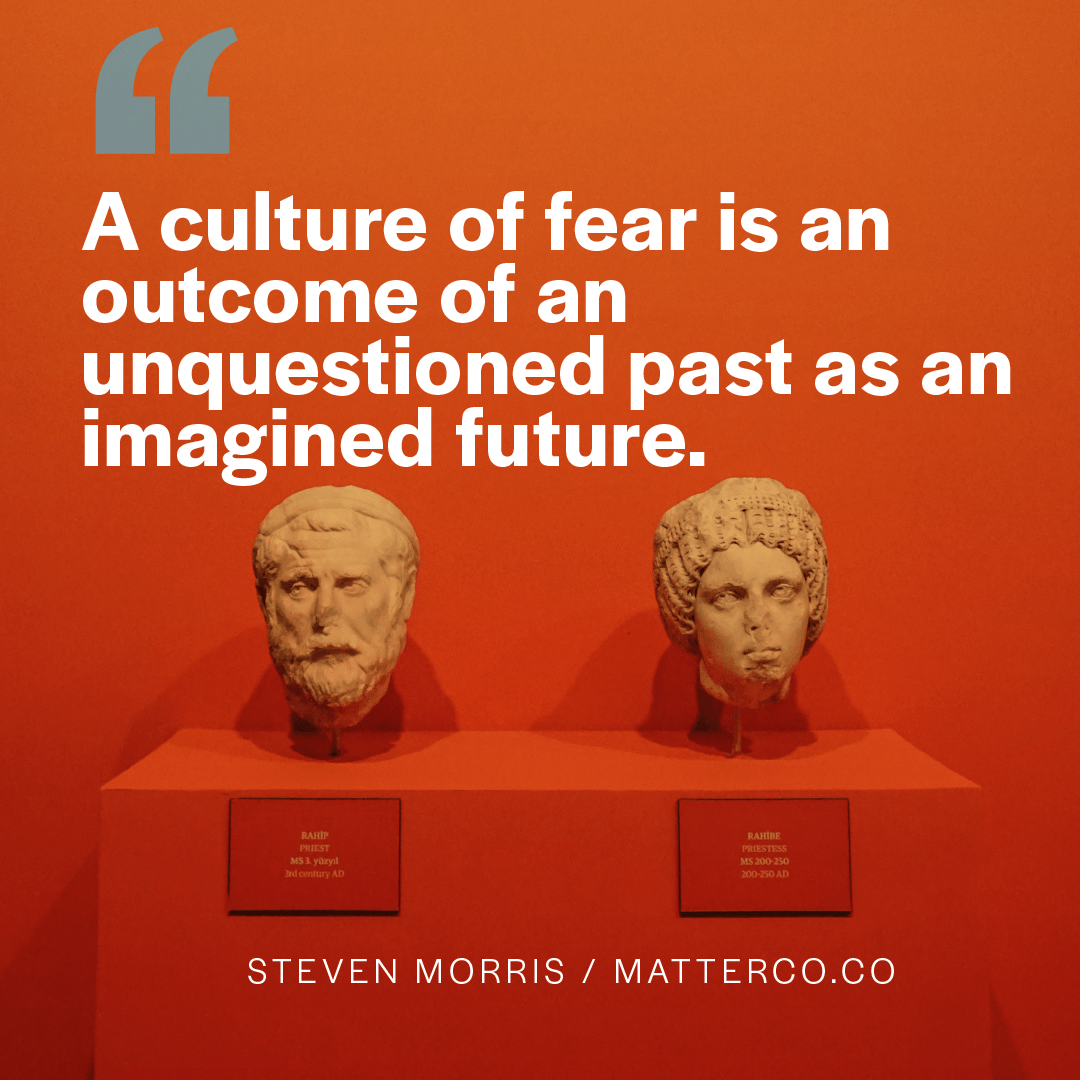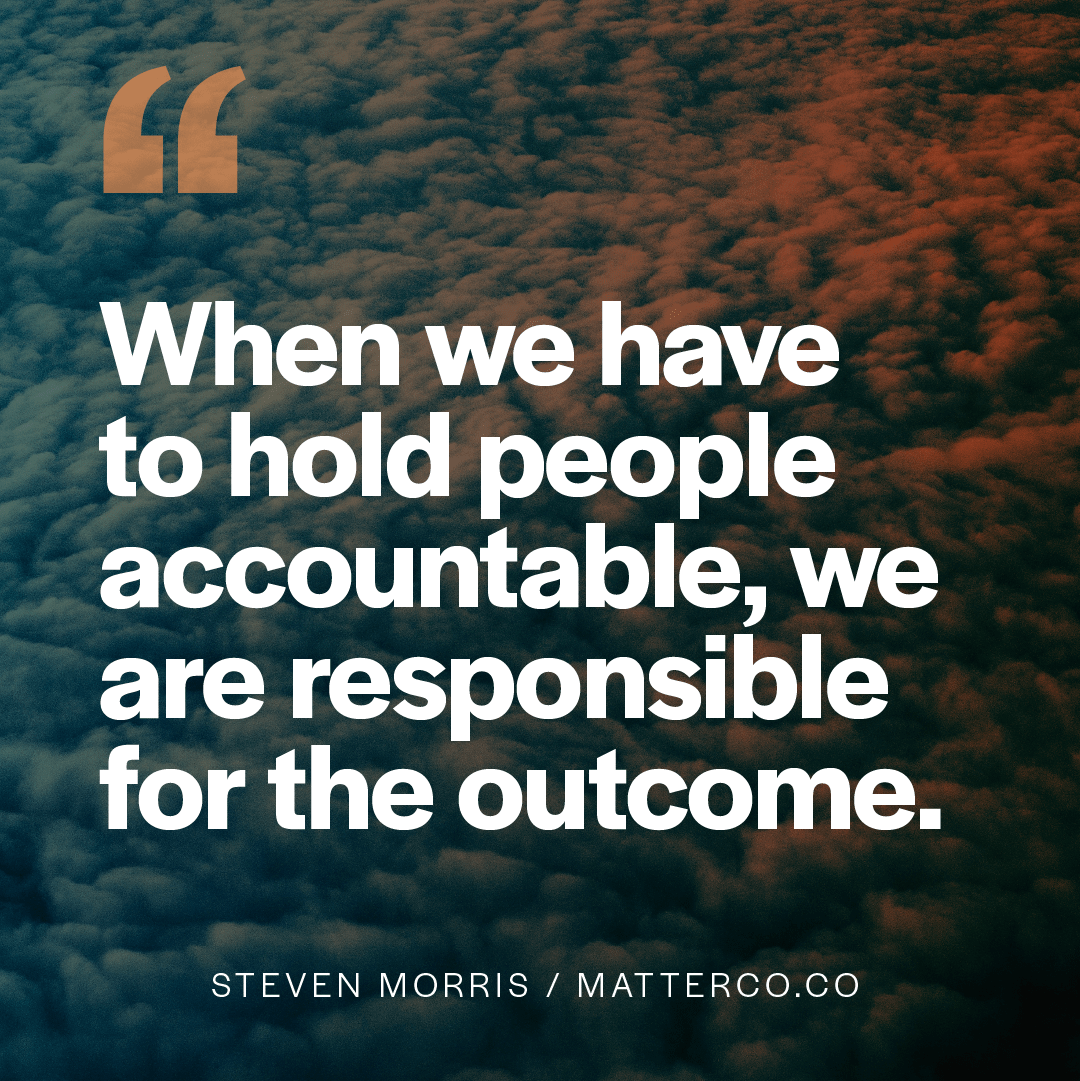
Remedies To Culture Killers
During a conversation with an HR leader I advise, she confessed to me that she’s concerned about their cultural veneer. “Veneer,” I repeated, “What’s beneath it?”
She went on to explain that on the surface, things seem good, even great. As a team, they are polite in meetings, the team is hardworking, the company is profitable, and most people seem to get along. Then, there are the issues meetings, which get below the veneer.
Through these meetings, she was taking on the issues and concerns of the team and carrying them around with her. She doesn’t want to let her team down. She cares about them individually, the team, and the company. And we’re working to remedy the issues.
Knowing what ails your culture is the first step in identifying a possible remedy. From my experience, the biggest threat to a healthy culture is fear. It shows up in lots of forms and takes many names: unsafe, worries, anxiety, discomfort, distress, agitation. This, of course, adds up to toxicity.
The Front Line of Attract, Recruit, Retain.
The events of the past couple of years have cultivated a near-daily relationship with fear — and not a good one. The HR leader in this story is not alone. To me, it feels like HR leaders are the Post-COVID front-line workers.
The need for great HR is increased by the growing need to engage and retain your great employees, replacing the ones that are leaving or have left in a very tight job market, and building a cultural brand that attracts more of the right prospects. And, so much more.
You may not be experiencing a culture of fear right now, but most of us have been there to witness one. It’s when we’re in an environment where we are afraid to make mistakes, afraid to speak out, afraid to share ideas, afraid to challenge the thinking of others, and afraid to be ourselves.
A culture of fear is an outcome of an unquestioned past as an imagined future.
When we don’t examine why things went the way they did—good, bad, or otherwise—we don’t have the insight to understand why something worked or didn’t, and what to do about it today, and tomorrow.
Fear in a culture usually comes from conversations that didn’t happen about events that affected someone’s morale, engagement, and/or trust.
Gone unchecked, fear in a culture can attempt to be covered up by organization that’s trying to be too “nice.” While this niceness in a culture can be genuine, if we don’t have the difficult or hard conversations, we’ll experience a veneer of niceness, but you’ll also see back-channeling, gossip, or hushed water-cooler conversations.
Often in these cultures leaders have created and are tolerating a thin layer of politeness that clouds the deeper issues. While we strive for harmony in cultures, if we don’t address the underlying issues leaders will simply bypass what’s really happening.
Here are three remedies to confront and overcome fear in a culture:
- Clarify acceptable values and behaviors. As the saying goes being clear is being kind. Therefore, clarifying what your behavioral values are and holding each other accountable is essential. Being explicit in how your team should express intellectual honesty, clear and candid feedback, and how the team responds to tough questions is vital to team health. Sometimes, this may look like challenging the status quo that you and your team helped to create. When you challenge each other, you hold each other accountable. After all, living the culture is everyone’s responsibility.
- Create Candor Protection. Part of a healthy culture is having each other’s back. Often this looks like protecting others in public situations, like meetings. If you want people to have the courage to speak candidly, they need to feel like they’re in a safe environment to do so. By accommodating healthy dissent, you recast the cultural tone to one that has psychological safety at the heart.
- Confront Poor Behavior. If you don’t immediately confront a performance problem, you’re tolerating it. Each team member is complicit in the culture you create. If you hesitate to take action, you diminish the clarity of what you stand for. Often, standing up to bad or questionable behavior sends the strongest message. By holding people accountable respectfully and privately, you create boundaries. And, boundaries are some of the most loving things you can create and hold for others.
When trust has diminished the ability to be collaborative, connective, creative, and confront what needs to be confronted is stifled. This also kills holding each other, and ourselves accountable. All of this, of course, kills outcomes and results. Fear can also inhibit us from seeing what’s truly taking place in front of us.
All cultures need to be examined so the mistakes, missteps, misunderstandings, and missed opportunities of the past don’t dictate your future. The antidote to fear in a culture is the understanding and insight that comes from the cultural examination — and living your cultural aspirations into being. From this awareness, you can be armed with the wisdom to change, adapt and evolve, then dictate your future.
With clarity, protection, and accountability you can build a truly kind culture — one where the team thrives.
I help organizations remedy a culture of fear and reclaim control of their future. It’s all part of your cultural evolution. I’m here to serve and help you get beyond your culture and brand fears.

If you want a more trusting team, a culture of belonging or a magnetic brand that attracts more of the right customers, I can help. If you'd like to explore if working together makes sense, drop me a line.







